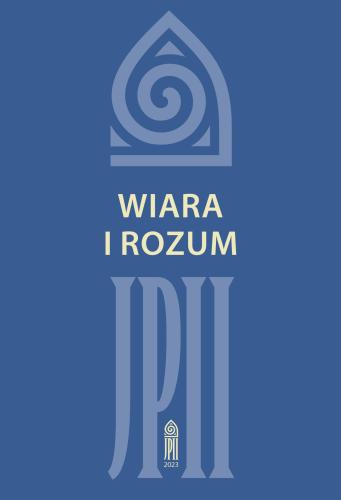Dialog wiary i rozumu w dramacie Karola Wojtyły „Brat naszego Boga”
Über dieses Buch
Karol Wojtyła’s religious play entitled Our God’s Brother was written in the years between 1945 and 1950. It portrays the dialogue (or symbiosis) that existed between faith and reason in the life of the painter Adam Chmielowski, who — as Brother Albert — lived in Cracow and devoted much of his life to the care of the homeless and the destitute (and whom the author of the play — having become Pope John Paul II — later canonized in 1989). Pope John-Paul II’s subsequent encyclical, entitled Fides et Ratio (1998) was devoted to this very symbiosis of faith and reason. Our God’s Brother not only harks back to the tradition of morality and mystery plays that had been transformed by the Romantics, Cyprian Kamil Norwid, Stanisław Wyspiański, and Thomas Stearns Eliot, but was clearly inspired by the author’s knowledge of the works of the Spanish poet and mystic St. John of the Cross. It is the main character’s experience of the Dark Night of the Soul that leads him to see the likeness of God — who has been rejected in the person of Jesus and whose physical and spiritual suffering (following his scourging) happens to be the subject of the painter’s greatest work (entitled Ecce Homo) — in the homeless and the destitute. This vision inspires him to become the brother of those who — like Jesus — have been abandoned and rejected by their fellow human beings.



